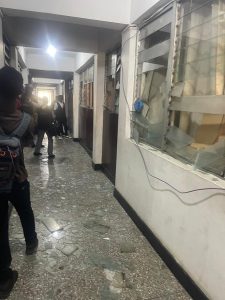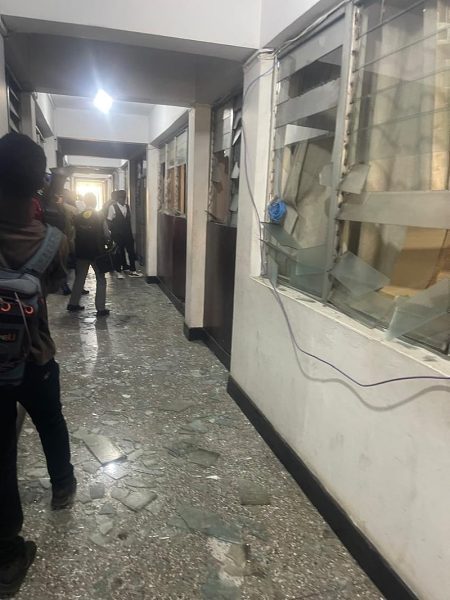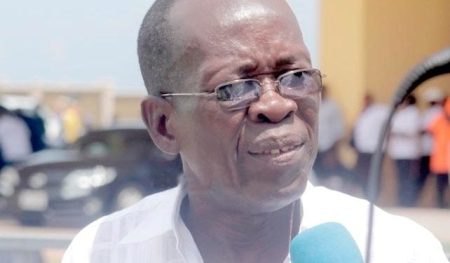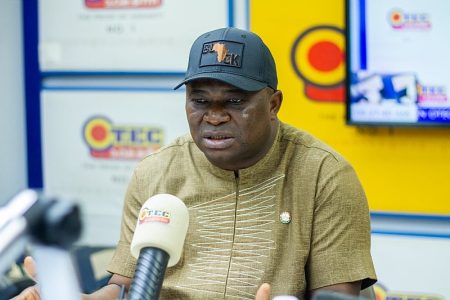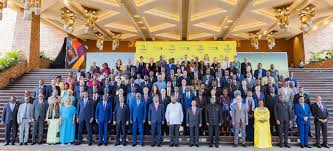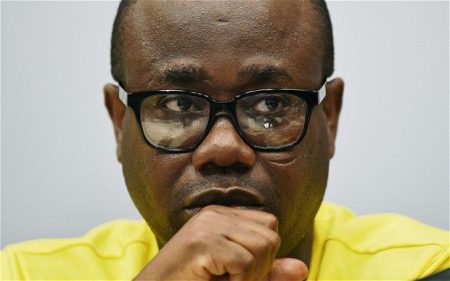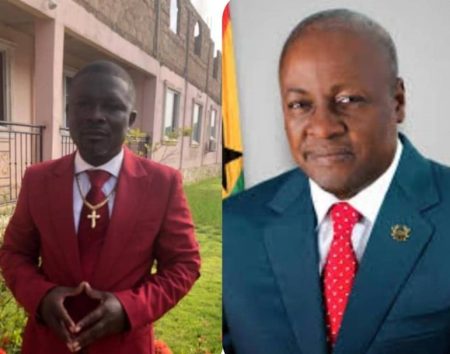Andrew Atariwini’s sudden resignation as the Deputy Upper East Regional Communication Director of the New Patriotic Party (NPP) has sent ripples through the party’s ranks, particularly given the timing of his departure in the wake of the NPP’s defeat in the 2024 general elections. While the reasons behind his decision remain undisclosed, his resignation letter emphasizes a clear conscience and unwavering support for the party’s ideology and vision. This suggests a strategic personal decision rather than a disavowal of the NPP. His departure, however, leaves a void in the party’s communication structure at a crucial juncture, raising questions about the future direction of the regional communication team and its ability to effectively engage the public and mobilize support.
Atariwini’s tenure as Deputy Director was marked by dedication and commitment, according to his own account. He expressed gratitude to the Regional Communication Director and regional executives for their support and acknowledged the camaraderie and encouragement he received from his colleagues in the communication team. His letter underscores a sense of appreciation and positive relationships within the team, further fueling speculation that his resignation is not driven by internal conflict or dissatisfaction with the party. This leaves observers to ponder the true motivations behind his decision, especially given the critical role communication plays in political party organization and public perception management.
The NPP now faces the challenge of filling the leadership gap created by Atariwini’s departure and ensuring the continuity of its communication efforts in the Upper East Region. In the aftermath of an electoral defeat, effective communication is paramount for rebuilding party morale, engaging with supporters, and regaining public trust. The party needs to identify a suitable replacement who can not only replicate Atariwini’s dedication and commitment but also navigate the complex political landscape and contribute to the party’s revitalization efforts. The selection process and the subsequent leadership style of the new appointee will likely play a significant role in shaping the NPP’s communication strategy in the region.
The timing of Atariwini’s resignation adds another layer of complexity to the situation. Following an election loss, parties typically undergo periods of introspection and reorganization. Communication strategies are reassessed, and leadership changes are often part of the process. Atariwini’s departure could be interpreted as a preemptive move, allowing the party to bring in new leadership with fresh perspectives and approaches to communication. It could also be a personal decision influenced by the changed political dynamics following the election, with Atariwini perhaps choosing to pursue other opportunities or refocus his energies elsewhere.
The absence of a formal statement from the Regional Communication Directorate adds to the ambiguity surrounding the resignation. The Directorate’s response, when it eventually comes, will likely offer further insights into the circumstances of Atariwini’s departure and the party’s plans for moving forward. The statement will also be an opportunity for the NPP to acknowledge Atariwini’s contributions and reaffirm its commitment to effective communication in the region. The tone and content of the statement will be carefully scrutinized by both party members and the public, as it will signal the party’s approach to navigating this transition and addressing the challenges ahead.
Atariwini’s resignation, while sudden and unexpected, is but a single event within the larger context of the NPP’s post-election reorganization. While his departure undoubtedly creates a temporary disruption, it also presents an opportunity for the party to reassess its communication strategies and strengthen its leadership in the Upper East Region. The party’s ability to effectively manage this transition and adapt to the evolving political landscape will be crucial in determining its future success. The focus will now be on the NPP’s next steps in filling the vacancy and ensuring the continuity of its communication efforts, all while navigating the challenges of rebuilding after an electoral defeat. The long-term impact of Atariwini’s resignation remains to be seen, but its immediate effects have undoubtedly created a ripple effect within the party and raised questions about the future direction of its communication strategy.




